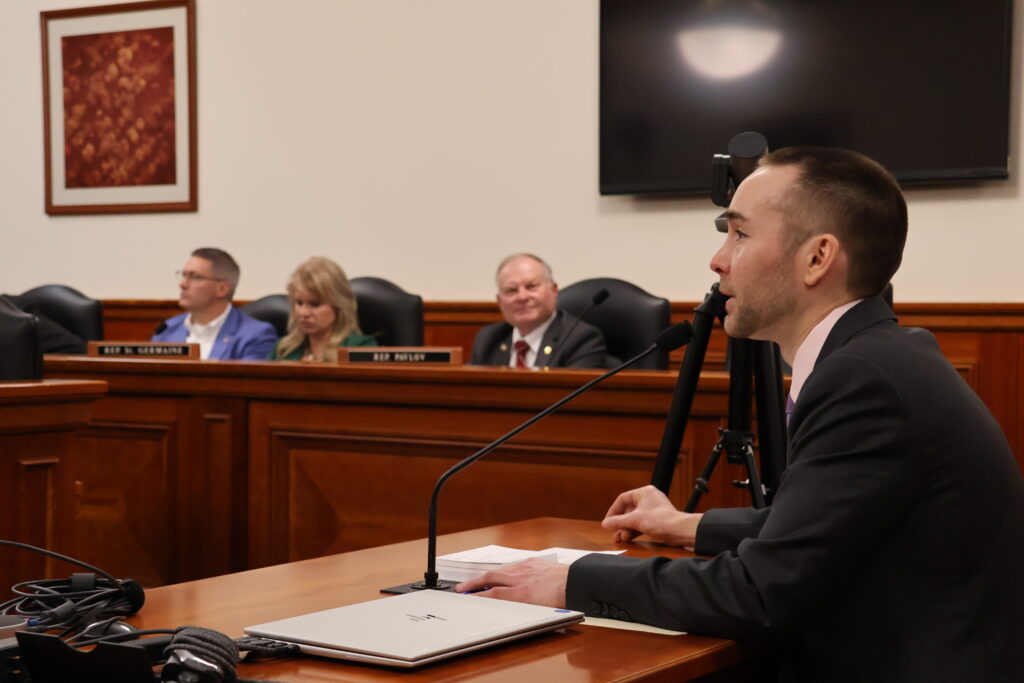Michigan GOP Seeks to Strip State Board’s Power to Appoint Superintendent: ‘What We Are Doing Is Not Working’
In a risk that echoes growing dissatisfaction with Michigan’s schools, House Republicans are taking the lead to shake up the balance of power in who gets to appoint the state’s most visible education chief. Their pitch is straightforward: the system now isn’t providing Michigan students what they should get and they believe it’s time to fundamentally change.
Behind it all is a new joint resolution in the Michigan House to amend the state constitution. If approved, it would permit the governor to appoint the state superintendent of public instruction, but with Senate consent. This would be a radical break with current practice, under which the democratically elected State Board of Education has sole right to appoint and remove the superintendent – a responsibility it has done since 1963.
A System In Question
The writers of the resolution argue that Michigan’s system of public education has been in disarray for decades. Pointing to bad test scores on state and national tests, Republican lawmakers argue the system has no clear direction or accountability. Representative Bill Schuette, from Gladwin County and a Republican, summarized that fear in stark terms at a recent House Education and Workforce Committee hearing: “Clearly, what we are doing is not working.”
Schuette and his supporters contend that Michigan is almost unique in having an “independent” school superintendent who is not directly responsible to the governor or legislature. They contend that this has weakened the state’s ability to take effective reforms and turn them into policy. By delegating the appointment power to the elected governor for four years, they argue that the people would gain more control of education policy and leadership through a clearer chain of responsibility.
Political and Structural Reforms
The bill to be inserted as a bundled bill is the bill to reorganize the election of members of the State Board of Education. Under existing practices, board members are elected at-large to the benefit of those with state-wide name recognition and party favor. Members would be elected from geographic districts under the new bill, which Republicans expect will have more local representation and more political balance.
Democrats consider such proposals, however, to be partisan grabs for power. The Democratic Party has held the State Board of Education for all but a few of the past 20 years. Shifting appointment authority to the governor – especially after Democratic Gov. Gretchen Whitmer’s term ends would effectively guarantee future educational leadership to be more conservative, particularly if a Republican wins the governor’s office in the next election cycle.
The Timeliness and Implications
Upcoming-to-leave Superintendent Michael Rice, who’s been faulted by Republicans and even some Democrats for the state’s educational struggles, will leave office on Oct. 3. The process of finding a replacement has already begun by the State Board of Education, which would be interrupted by the topic constitutional amendment in case its popularity.
The bill and resolution are moving ahead in legislative process. Republican lawmakers in the House education committee already set the stage for them to advance to the full House of Representatives for consideration. But it won’t be easy to make the resolution a law. It requires two-thirds support in the Republican-held House and the Democratic-held Senate. If passed by the legislature, the resolution would be placed on the ballot in November 2026 for Michigan voters to decide. Upon approval, the new system would take effect January 2027.
Doubts on Politicization
Those critics, both Democratic legislators and sitting board members, contend giving appointment authority to the governor will drive further politicization of schools. State Rep. Regina Weiss, Oak Park Democrat, pointed to the staggered eight-year terms given to the State Board to infuse it with stability and freedom from political whims. Compared to having the superintendent’s term align with the governor’s term, connecting it may be marred by much turnover and administration instability based on election results.
There’s a risk that education policy will change drastically every four years based on who occupies the governor’s office,” Weiss testified at the committee hearing.
Republican state Board of Education member Tom McMillin testified passionately against the change. Despite sharing the same political party for ushering changes in, McMillin reinforced, once again, the autonomy requirement of the board. Referring to the state constitution introduced by the constitution of 1963, each detached educational jurisdiction from governorial influence. “Our constitution makers recognized that enormous powers in the executive branch are perilous. That check and balance ensures interests in Michigan’s students are preserved,” he affirmed.
A Deeper Debate
While there are no near-term plans to abolish the State Board of Education outright, Schuette said that in the future he would consider abolishing it, and that further politicized the debate. The board itself voted unanimously for a resolution against the measure, asserting that short-term agendas from the governor’s office would cause “confusion and frustration” among schools already stretched thin by attempts to implement policy and reforms.
The battle between change and tradition, responsibility and liberty, has yet to be fought. At least one point is certain: Michigan’s future in education hangs in the balance, and both sides have no disagreement that the system is not doing a very good job of it for Michigan students.
While controversy brews, the question is – will the public be convinced that a change of leadership will repair what’s damaged, or will it view it as a gamble in an already dangerous education system?







